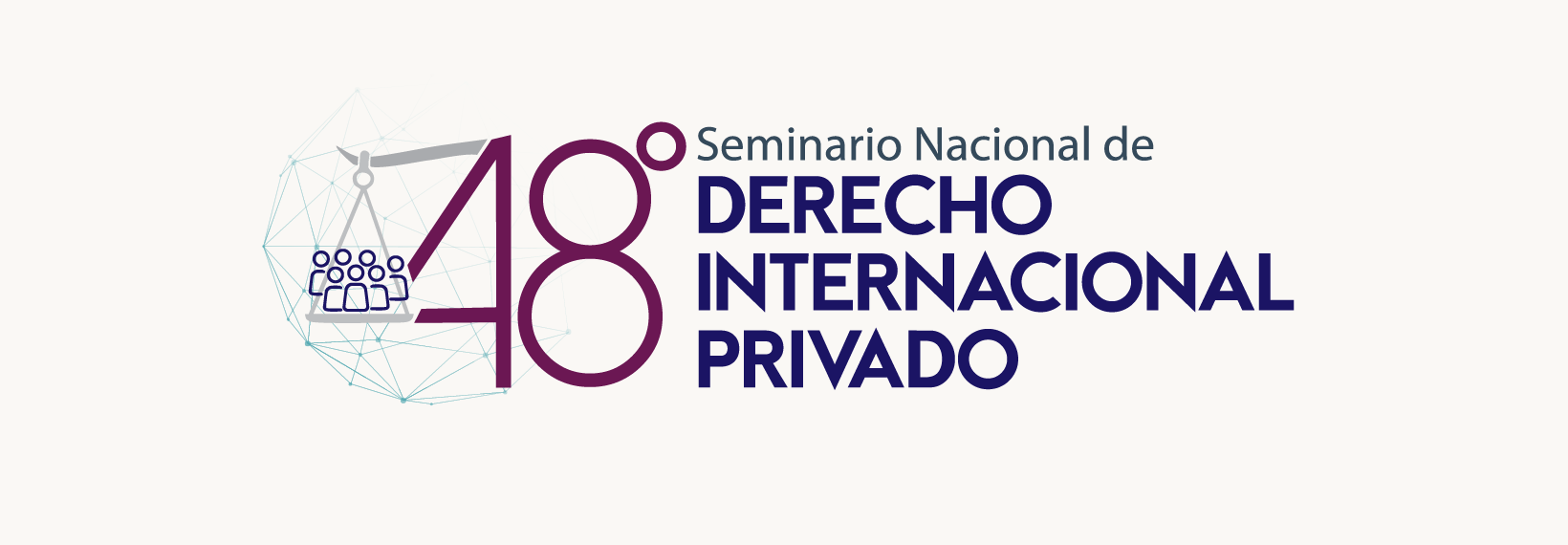Views
Using Foreign Choice-of-Law Clauses to Avoid U.S. Law
Can private actors utilize choice-of-law clauses selecting the laws of a foreign country to avoid laws enacted by the United States? In this post, I argue that the answer is a qualified yes. I first examine situations where the U.S. laws in question are not mandatory. I then consider scenarios where these laws are mandatory. Finally, the post looks at whether private parties may rely on foreign forum selection clauses and foreign choice-of-law clauses—operating in tandem—to avoid U.S. law altogether.
Read more
Civil Personal Status Law Litigation in the UAE – Between Lofty Ideals and Sour Realities

I. Introduction
It is not uncommon for scholars to debate whether private international law is needed as a distinct discipline, and whether it is truly indispensable. After all, could one not save the effort and complexity of applying foreign law by simply treating all cases as purely domestic? From a theoretical standpoint, the answer is yes, since no State is under an inherent obligation to apply foreign law. Yet, such an approach entails serious shortcomings, particularly when it comes to respecting vested or acquired rights, meeting the legitimate expectations of the parties, and fostering cross-border commerce. It follows that the costs of refusing to recognize and apply foreign law are far greater than the difficulties associated with maintaining a system of private international law. It is therefore unsurprising that private international law has established itself as a common language for managing the legal diversity inherent in transnational relations. Read more
2025 New Chinese Arbitration Law: Improvements Made and To Be Further Made
(This post is written by Dr. Chen Zhi who is an Attorney at Zhiheng Law Firm Guangzhou Office, PRC).
I. Introduction
On September 12, 2025, the newly revised Arbitration Law (hereinafter New Arbitration Law) of the People’s Republic of China (hereinafter “PRC”) was adopted by the Standing Committee of the National People’s Congress (hereinafter as “SCNPC”) with the subsequent promulgation by the President of PRC, and will take effect on March 1, 2026. The New Arbitration Law features novelties such as the introduction of “arbitration seat”, limited liberalization of ad hoc arbitration, enshrining online arbitration, a higher threshold for eligibility of arbitrator, and a shorter duration for applying for annulment of arbitral award from six months to three months. Nonetheless, some articles of the New Law leave room for further discussion. This article combs through the history of revision, delves into the highlights and remaining gaps of the New Arbitration Law, and provides insights into its significance for the development of commercial arbitration in Mainland China from the perspective of an arbitration practitioner in Mainland China. Read more
News
Virtual Workshop (in English) on October 8, 2025: Nadia de Araujo on “Highlights on the project for a Brazilian Law on Private International Law”

On Wednesday, October 8, 2025, the Hamburg Max Planck Institute will host its monthly virtual workshop Current Research in Private International Law at 11:00 a.m. – 12:30 p.m. (CEST). Professor Nadia de Araujo (Pontifícia Catholic University of Rio de Janeiro) will speak, in English, about the topic
“Highlights on the project for a Brazilian Law on Private International Law”
After more than eighty years Brazil finally has a project for a new Law on Private International Law. The current 1942 law devotes only seven articles to the whole subject. In light of the developments in PIL, the complexities of modern life and the adoption of a series of Hague Conventions and Inter-American Conventions, the project addresses PIL in its entirety. The new law introduces several significant changes: it expressly allows for party autonomy in international contracts, a concept that was not clearly defined in previous legislation, while safeguarding consumer and labour contracts. Additionally, it introduces new rules for proof of foreign law and a more comprehensive set of family law. It also retains domicile as the main rule for capacity and other family rights.
The presentation will be followed by open discussion. All are welcome. More information and sign-up here.
If you want to be invited to these events in the future, please write to veranstaltungen@mpipriv.de.
Conference: Towards Universal Parenthood in Europe, 24 October 2025
The University of Genoa (Italy), together with the partnership of the EU co-funded project UniPAR, is organizing a conference on parenthood in the light of Human Rights Law and Private International Law.
In the Conference, the UniPAR research team will present the results of the research and various topics related with EU private international law and children’s rights in the context of parenthood will be addressed. Dr. Raffaele Sabato, judge of the European Court of Human Rights, will deliver the introductory speech.
The Conference will take place on Friday 24 October, 10.00-13.00 CET and 14.00-17.00 CET.
See the programme. Online attendance is possible after prior registration.
AMEDIP’s annual seminar: Program and registration (in Spanish)

The program of the XLVIII Seminar of the Mexican Academy of Private International and Comparative Law (AMEDIP) has been published, click here.
To register, click here. Registration is free of charge (except if a certificate of attendance is requested). Only in-person participation is possible this year (with the exception of speakers, who may present online). Read more


